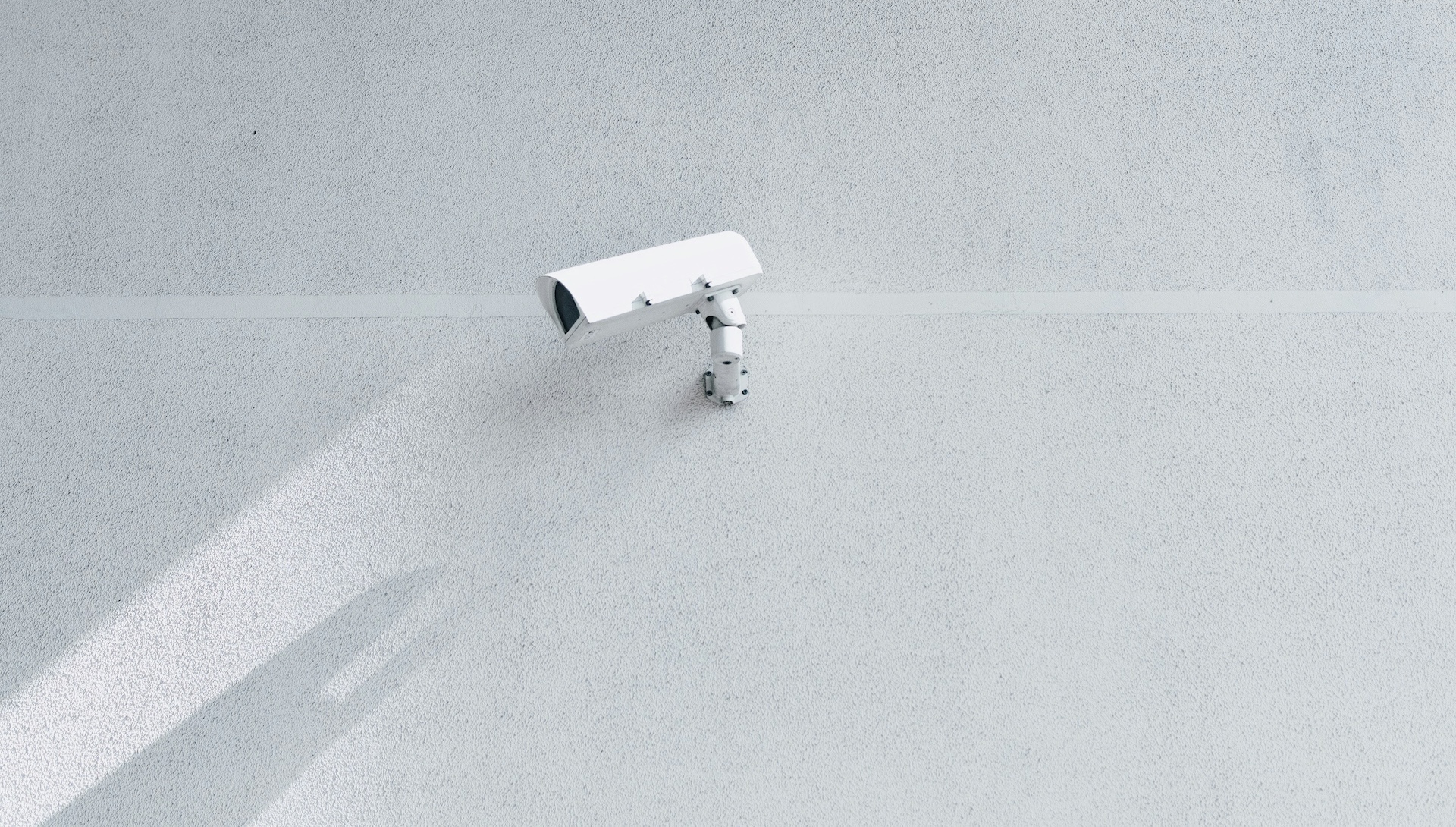“Searching for such signals without reasonable grounds for suspicion would reverse the well established presumption of innocence. Indeed, anyone in receipt of welfare payments would automatically be subject to intrusive financial scrutiny solely due to their benefit status. There is a real risk that such efforts to fight fraud will come very much at the expense of the poor, the disabled, and the elderly.”
A number of peers, including Lord Clement-Jones, Baroness Kidron and Baroness Chakrabarti, were also signatories of the letter.
The Data Protection and Digital Information Bill is currently in committee stage in the House of Lords, where it has faced extensive criticism, including in a debate on Monday (22 April).
Speaking at the debate, Baroness Kidron said: “I cannot work out for the life of me if these measures are intended to hurt, or if a focus on the shiny prospect of AI to sort out DWP problems, led incrementally to this place. Whichever, they are cruel to a degree and should worry us all.”
If the bill were to pass in its current state, the DWP will be able to request details around benefit claimants and any connected bank accounts. These could include those of landlords, family members, partners or ex-partners.
Campaign Big Brother Watch, backed by more than 40 charities and organisations including the Big Issue, recently wrote to the work and pensions secretary Mel Stride to warn that the plans risk repeating mistakes made in the Post Office scandal.
Advertising helps fund Big Issue’s mission to end poverty
More than 165,000 people have signed a Big Brother Watch petition calling for the clauses in the bill to be dropped.
As The Big Issue has reported, legal advice sought by the campaigners found that the plans are likely to have a “disproportionate impact on particular groups, including disabled people, people of colour, women and older people”.
Barristers Dan Squires KC and Aidan Wills of Matrix Chambers also found the exercise of financial surveillance and monitoring powers is “likely to breach Article 8”, the right to live your life privately without government interference.
In response to the legal advice, a spokesperson for the DWP told The Big Issue: “The government remains committed to these powers as a method of reducing fraud and error in the benefits system, which will save the taxpayer £600m over the next five years.
“These measures will require third parties to provide only limited, relevant information that may signal whether benefits are being improperly paid. It does not give DWP access to anyone’s bank account or see how claimants are spending their money.”
The letter from the politicians and peers reiterated arguments made by the lawyers. It said: “In the face of such opacity and absence of any safeguards, it is inevitable that mistakes will be made. Incorrectly flagged accounts could have disastrous consequences from intrusive investigations, to heightened stigma in the welfare system, to the wrongful suspension of benefits. In such cases, vulnerable people could be unable to afford vital necessities such as food, medicine, or heating bills.”
Advertising helps fund Big Issue’s mission to end poverty
The Big Issue has previously reported on mistakes made within the welfare system, which have left claimants accused of owing thousands of pounds to the DWP. A single mother, for example, was left “devastated” after being falsely accused of owing the DWP more than £12,000 in benefit overpayments.
The letter added: “We note the tragic events of the Horizon scandal in which innocent people suffered wrongful prosecutions, financial ruin, and reputational damage following data used from faulty software in algorithmic systems. We cannot condone powers that risk replicating this disaster on a much broader scale with vulnerable people, many of whom live on the poverty line.”
Sign Big Brother Watch’s petition here.
Do you have a story to tell or opinions to share about this? We want to hear from you. Get in touch and tell us more.









